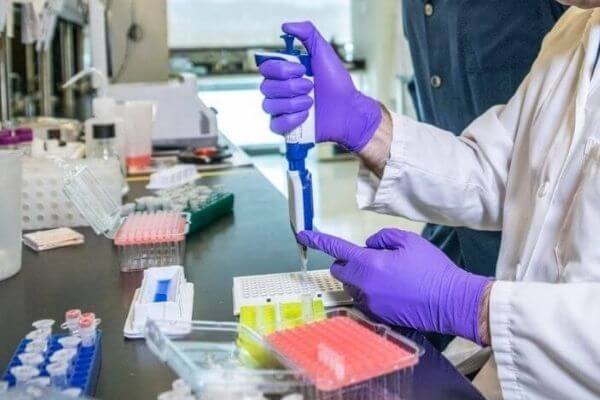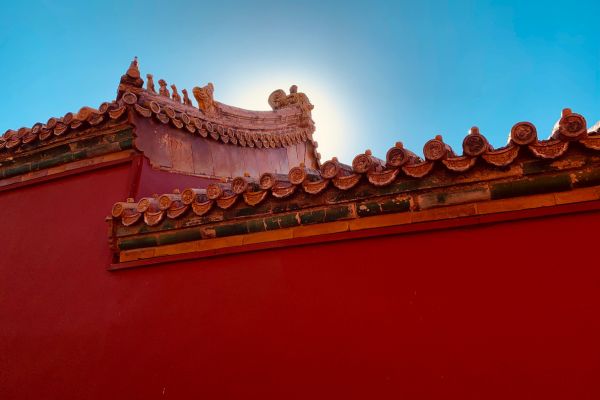
The technical examination officer is a trial assistant to assist the judge in finding out technical facts of the case. Like the expert in authentication, the technical examination officer is a neutral third party but has closer communication with judges, which also reduces judges’ dependence on the authentication. Although the technical examination officer system is still young, we believe that it will play a bigger role in the future.
I. What is the technical examination officer
The core of technology-related intellectual property case trial is to find out and determine the technical facts. Because judges often lack relevant expertise, they rely heavily on the authentication (for the authentication and expert opinions, see our earlier post ). However, the technical authentication is often time-consuming and costly, and will bring out the problem of “substituting authentication for trial” (以鉴代审).
In order to solve the above problems, on 31 Dec. 2014, China piloted the technical examination officer system in three intellectual property courts in Beijing, Shanghai, and Guangzhou. Based on their own situation, the three courts successively issued a series of implementation rules for the technical examination officer system afterwards.[1] Combining the experiences of the three courts, in May 2019, the Supreme People’s Court (SPC) issued the Several Provisions on the Participation of Technical Examination Officers in Intellectual Property Litigation (关于技术调查官参与知识产权案件诉讼活动的若干规定) (hereinafter referred to as the “TEO Provisions”), expanding the application scope of the system to all civil, administrative and criminal cases related to intellectual property heard by courts nationwide.
According to the TEO Provisions, the technical examination officer is a trial assistant who provides the judge with technical examination advice, but has no right to decide the result of the judgment. The technical examination officer may participate in such activities as evidence collection, investigation, preservation, pre-trial meeting, court trial, and post-trial deliberation of the case, and shall, with the consent of the judge, have the right to question the parties, experts, witnesses and other litigation participants on the technical issues involved in the case. The technical examination officer may also provide technical advice to judges without participating in the abovementioned activities.
It depends on the judge to decide whether the technical examination officer should participate in a case. A judge may apply to his court or the court at a higher level for the assignment of a technical examination officer. Apart from applying for the recusal of the technical examination officer, the law does not give the parties the right to express other opinions.
II. Who can be the technical examination officer
It is obvious that a technical examination officer appointed by the court must have expertise in a particular area. At present, the sources of technical examination officers are relatively diverse, which can be roughly divided into the following categories:
1. Teachers from universities and other professionals on a part-time basis.
2. Professionals seconded from the intellectual property bureaus and other government agencies on a full-time basis, and they will return to their original work unit upon the expiration of the secondment period.
3. Full-time technical examination officers engaged by the court.
In general, local courts will prepare their rosters of technical examination officers. In November 2019, the intellectual property court of the SPC established the “National Technical Examination Officer Pool” and the “National Technical Examination Officer Sharing Mechanism”. This makes it possible for courts nationwide to share technical examination officers, making up for the understaffing and the inadequate expertise of technical examination officers in some local courts.
III. Effectiveness of the opinion of the technical examination officer
The advisory opinion of the technical examination officer on the technical facts involved in the case is a reference for the judge to determine the technical facts, and the authority to determine the facts is still vested in the judge. As an internal opinion for the judge’s reference, this advisory opinion is not a type of evidence stipulated by the law, nor open to the parties, and therefore the parties have no right to examine the same.
However, if a technical examination officer participates in the case trial, the parties have the right to express their own opinions on his/her actions and opinions in the trial.
IV. How does the technical examination officer system work
Like the experts in authentication, technical examination officers take a neutral standing. Given that the authentication is time-consuming and costly, the establishment of the technical examination officer system, to a large extent, has reduced the judge’s dependence on the former. Some court has taken a case involving source code comparison of computer software as an example to illustrate that: the authentication fee is charged according to the number of codes, and the general software has thousands of lines of codes, so it will cost several hundred thousands yuan, and also a period of time ranging from a few months to many years. In order to save time and money, the court, after seeking the opinions of both parties, appoints a technical examination officer to use professional software to conduct a comparison with the participation of both parties, and the final result is acceptable to all. This practice has greatly improved trial efficiency.
If the authentication is necessary for the case, the technical examination officer can assist the judge in determining authentication matters and the scope thereof. During the court trial, the technical examination officer can also help judges to review the expert opinion and the opinions of expert assistants of both parties, so as to help judges handle conflicting expert opinions.[2]
In addition to the technical examination officer, some courts also introduce expert jurors or consult experts for finding out technical facts. However, these practices have not been fully promoted due to lack of related mechanisms and inefficiency. In contrast, although the technical examination officer system is still young, it has gathered a wealth of experience. We believe that the technical examination officer system will play a bigger role in intellectual property cases.
[1] 参见《技术调查官管理规范》和《技术调查官工作规则》(北京知识产权法院) ;《广州知识产权法院关于技术调查官参与诉讼活动的暂行办法》《广州知识产权法院技术调查官选任和管理办法》和《广州知识产权法院技术调查工作规程(试行) 》(广州知识产权法院) ;《技术调查官管理办法(试行) 》和《技术调查官参与诉讼活动工作规则(试行) 》(上海知识产权法院)。
[2] 李昌超.我国技术调查官制度的逻辑生成及制度前景[J]. 《河南大学学报(社会科学版)》,2017(4):74
Photo by Science in HD (https://unsplash.com/@scienceinhd) on Unsplash
Contributors: Chenyang Zhang 张辰扬 , Ran Ren 任冉




